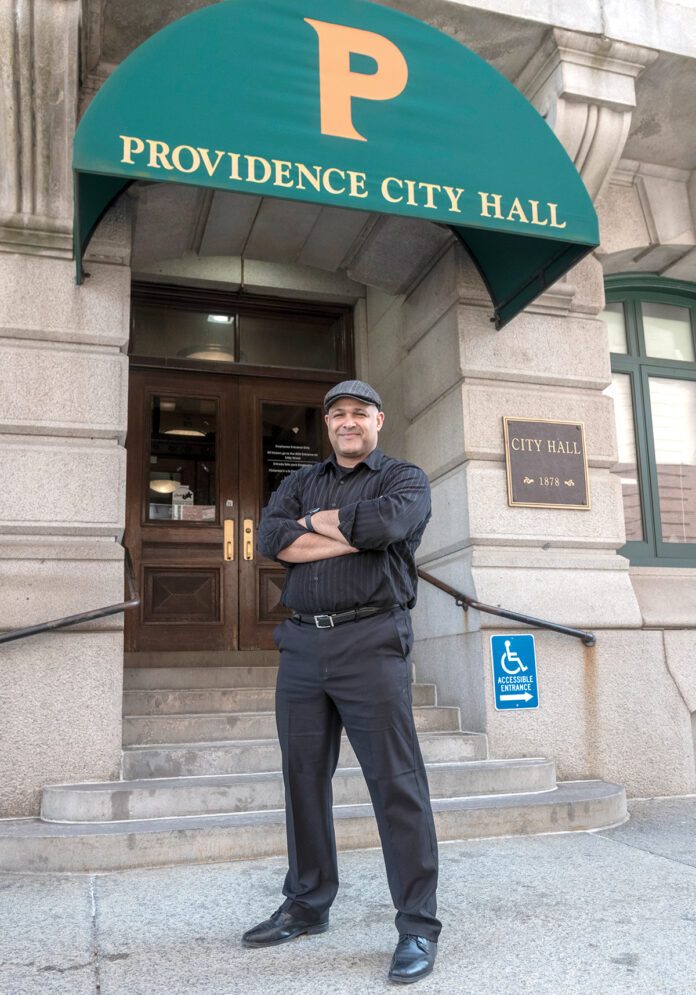Silas Pinto | Director of diversity, equity, inclusion and belonging for the city of Providence
1. Diversity can mean different things to different people. How would you define it? Diversity can mean so many things, but at the core it is about individuals feeling visible and reflected throughout. It is about acknowledging the wealth of variability in experiences and thought. What excites me most about my role within this new department is that we can go beyond what we might typically consider when we think of diversity initiatives. We’ll be focusing on creating meaningful, inclusive practices that are designed to ensure that the places and spaces in our city aren’t just diverse but that everyone feels a deep sense of belonging and acceptance here.
2. What have you learned from your work in education and psychology, including at Tufts University’s diversity and inclusion leadership graduate program, that you hope to take to this new role? I have learned that very little can be accomplished working in silos. We need everyone at the table in this collaborative process, including partners from pre-K to grade 12, higher education, corporate and nonprofit sectors. I will continue with the spirit of first seeking to understand before seeking to be understood and engage in active listening in order to build true community care.
3. How does your work fit in with Mayor Jorge O. Elorza’s racial reparations program? The Providence Municipal Reparations Commission will drive the city’s reparation work, and we look forward to receiving their recommendations. The diversity, equity, inclusion and belonging department will be a resource and support as the city works to implement its strategy based on the commission’s recommendations.
4. How can the city improve on its commitment to diversity and equity? The city has made incredible strides in centering diversity and equity. I think this is especially evident in how the reparations process has unfolded, as well as the city’s Climate Justice Plan. Although I am a longtime resident of the city ... I am still learning about the needs of the city and our residents through the lens of my new position. I want our priority areas to be driven by those needs.
5. What do you see as the biggest roadblocks to achieving equality in the city and generally? I think it is critical that we hear from and engage directly with the community about the needs and where they see the greatest opportunities to make positive impacts on our city so that the interests of all parties are reflected in the plans from the onset.
Nancy Lavin is a PBN staff writer. Contact her at Lavin@PBN.com.












